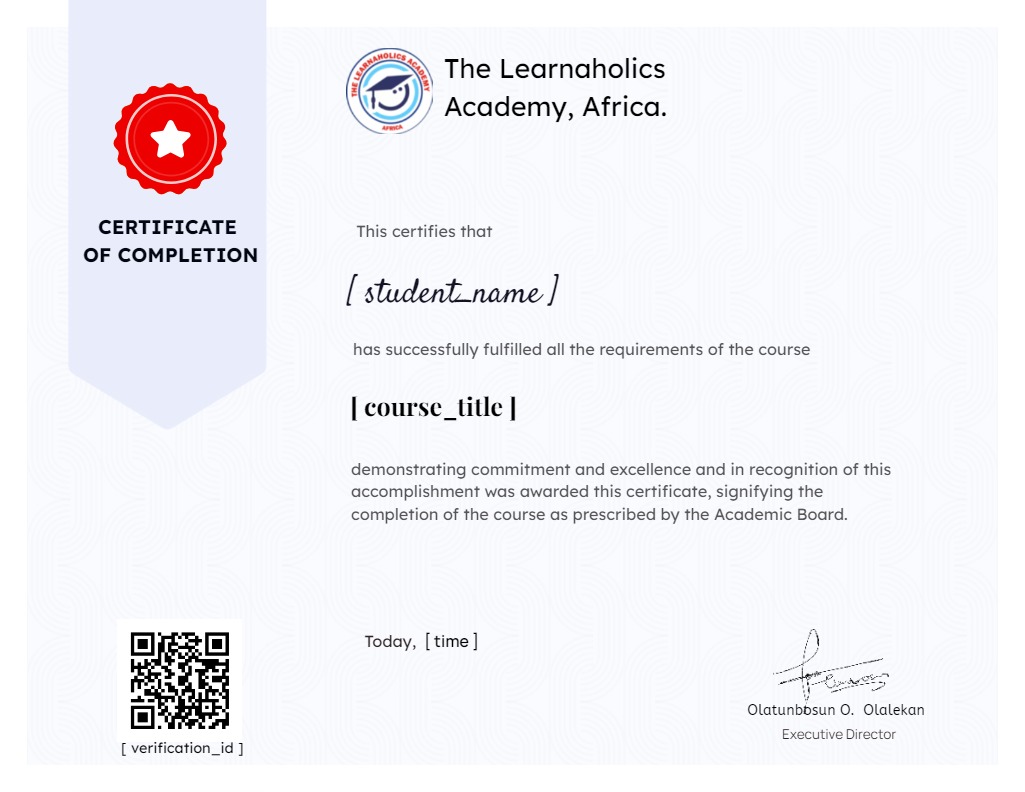Currently Empty: NGN0.0
About Course
In this course on “Ethics for Medical Practitioners,” you will delve into the critical principles guiding ethical decision-making in medicine, such as autonomy, beneficence, non-maleficence, and justice. Through a combination of theoretical knowledge and practical case studies, you will explore how these principles are applied in real-world scenarios, including complex situations like end-of-life care, informed consent, and cultural competence. The course will equip you with the skills to navigate ethical dilemmas, uphold patient confidentiality, and provide culturally sensitive care, all while ensuring that your practice adheres to the highest ethical standards. By enhancing your understanding of these core concepts and their applications, you will be better prepared to make thoughtful, compassionate decisions that prioritize patient welfare and uphold the integrity of the medical profession.
Course Content
Ethics for Medical Practitioners
Introduction to Medical Ethics
00:00Informed Consent and Patient Autonomy
00:00Confidentiality and Privacy
00:00Professionalism and Integrity
00:00End-of-Life Care and Decision-Making
00:00Ethical Challenges in Medical Research
00:00Cultural Competence and Ethical Practice
00:00Assessment
Earn a certificate
Add this certificate to your resume to demonstrate your skills & increase your chances of getting noticed.

Student Ratings & Reviews

No Review Yet



